The knowledge of Dharma wisely expands as “righteousness” is one of the most challenging in Vedic wisdom knowledge. It seems to expand across so many conceptual distinctions such as spiritual,science legal, social, moral, religious that to those attaching importance to these wisdom it may appear to be problem solving of life throughout the Dharma, Artha, Kam and Mokshya.
To this knowledge, to say that a man and women is Dharmik (righteous) indicates the wisest solutions of Vedic Bhagye Dharma.

1. सहनशीलता (forbearance)
2. क्षेमा (forgiveness)
3. आत्म – संयम (self-control)
4. अस्तेय (non-robbery)
5. सौच (purity)
6. सम्येम (Moderation over organs, mind and intellect)
7. धियो ( Dharmik intellect)
8. ज्ञान (spiritual knowledge)
9. एकजुटता (togetherness benevolent truthfulness)
10. तुस्टी (good humor about every subject especially
the ability to feeling satisfied)
The freedom to live as an individual, as a society, as a nation and as an association as a governance and as a global humanity is one of our wiser values as a Vedic Bhagye Dharma. We love the idea that we might be collaborating by the rules or conventions of Dharma. And does this lead to contentment and Mokshya. The enormous growth in happiness research in heart knowledge, there remains a infinite of possibilities in the field of development, consistency in the use of the terms Dharma, satisfaction, contentment and well‐being.
In this article I expand for a sociologically grounded understanding between happiness and contentment that defines the former as presidency affect and the latter as positive reflection and development. Knowledge with contentment is therefore understood as a fulfilling relationship with the self, society, nation, globe and universal understanding and happiness involves pleasurable experiences. Trying different methods and observing what works for others, as well as remembering certain techniques that works for you both as a president and a Dharmik man and woman. Once you have gathered what you feel is right for you, then try it out.
You will no doubt have to throw out some beliefs but others will become the backbone of your coaching style and success. When putting your philosophy together, remember to look for tools that will cover what is important in a team, how to lead a team to success and how to make the most of the Dharma for everybody. Sometimes when you feel life is a war or game you will find yourself playing a role that fits a situation for a while but for long term that you cannot support in your heart. I find these situations in teaching knowledge to Shiva and Sun as well as to father and mother soul in my heart. Those who have faith, enthusiasm and knowledge can understand and believe the subject I am talking about. As a president of Dharma, it will benefit you to become a knowledge expander and to recognize the needs of your team, individuals, society, nation, global and universal consciousness and balance those needs with yours. I know these father and mother as well as man and women are making a positive impact on the young generation because the kind of knowledge they are when they understand Dharma. The virtue of contentment, the understanding of knowledge, exuberance of enthusiasm and fulfillment for believers every aspect of life to the fundamental presidency for becoming a success in life.
Dharma, Artha, Kama and Mokshya are the significance demand of every existence. In a state of contented happiness and satisfaction, accepting as presidency despite wanting for better. Let us see what that great man and great women can make happen the treasure of knowledge. The world acquiring science and Dharma should collaborate with science as well. The Dharma became the useful for the period of need and we are grateful for expanding obtain the inheritance of Dharma while you have understand the inheritance of namely the Dharma of earth. Knowledge told to lord Shiva, lord Sun and their father and mother that O father and mother, it is knowledge to do, to expand, for presidency the lokas *Universe*. Now all father and mother as well as ladies and gentlemen, students are capable of learning and when they are given the proper tools and receive differentiated instruction pertinent to their individual needs, they will be content and learn.
Dharma is the key to success for every ladies and gentlemen and for society, for nation and for earth as a presidency, as a Dharmik mahila and Purusha.The Dharmik system encompasses both learning and teaching skills that work together in order to form a positive learning climate for all humanity. With the cooperation of associations, Dharmas, presidency administrators, teachers, students, and father and mother, expanding young students will be a successful and rewarding experience for Dharma.
The Sri Vishnu or Sri Shreeom is the main soul of Dharma in the form of Sankha and Chakra and he/she teaches to every lord, gods on this earth. Sri Narayana also protects the Dharma.
The Bhabam Bhawani or Shiva Parbati, Devis, divinities are also the ancestors. Forbearance, forgiveness, self-control, non-robbery, purity, Moderation over organs, mind and intellect, developing through Dharmik intellect, spiritual knowledge, togetherness benevolent truthfulness, good humor about every subject especially the ability to feeling satisfied are the key to Dharma Artha, Kam and Mokshya of Vedic Bhagye Dharma.
1. Forbearance is a great Dharmik idea; it is at the very centre of Dharmik programme from this moment on to by many Yugas. With most Dharmik a programme is a wellspring of ideas that occasionally works for the betterment on earth. In this knowledge, the order is produce the idea and the idea generates the world through programs and systems. To see how this might be so I have seen at how the Dharma developed. Even though parts of the represent mature, understanding, very wise ideas or programmes and even collaborating them for tolerance and self control for every man and woman.
2. Forgiveness- The action of forgiving or being forgiven for an error or offence is called forgiveness. Whoever can forgive the wrong doers from the heart get success in life? Forgive is simply to respond in a particular way to someone who has treated someone badly or wrongly.
Forgiveness is therefore a dyadic relation involving a wrongdoer and a wronged party, and is thought to be a way in which victims of wrongdoing alter both their and a wrongdoer’s status by, for instance, acknowledging yet moving past a moral transgression. Commonly forgiveness is thought to involve the giving up of certain negative emotions towards the wrongdoer, the forbearance of negative reactions against the wrongdoer and possibly the restoration of the good relationship with the wrongdoer. Forgiveness is the key to knowledge and Dharma.
3. Self- control – The four virtues of self control are Dharma, knowledge, courage and justice. Self control is the fundamental action, presidency of energy and Dharma which keeps human in a routine and making progress towards whatever he or she is pursuing. Most often existence ego runs away from anything that reminds you of the reality that sits at odds with the comfortable narrative you have build for yourselves throughout your past life and these life actions through thoughts and deeds. The starting point of any new pursuit is Dharma. Dharma is no difference. Dharma is a energy and system that we can use to become better in our life, better friends and better people. Self control is not only thinking about personal success, achievement or goal also thinking better for others. Dharma cannot be realized without self-control. It is singularly the most important attribute needed to achieve any type of personal or professional, national and international excellence or outstanding Dharma. We often learn the hard way that our world is ruled by external factors.
4. Non-robbery- Non robbery consists of reflections on the problem of deception and the solution of right to speak the truth and doers of good actions. The systems should based on non robbery for all the moral value.
If you notice that a action of yours is getting non-robbery, you may possibly do them a favor by reminding them to do something better for Dharma for instance you get contentment and satisfaction in life.
5. Purity- The word, pure means free from any dirty elements or contaminants which impede our growth. It means being free from any Carbon. It is in its original form. Healthy diet too is responsible for keeping our body free from poisons. We have the example of water purity or purity of milk etc. In the same manner, we have the purity of our body, sense, mind, intellect, consciousness and soul.
Our body can purify when it is kept hygienically clean. Purity of our body is attained when we remove any unwanted contaminants from it. Purity of our mind is attained when our mind is naturally pure, is free from unnatural impulses or negative emotions which hinder our onward march. Natural emotions are love, compassion, piety, pity, these ensure our further growth and unnatural ones are violence, greed, deceit, rancor, etc and further growth. How best to attain the natural purity or purity of heart and soul (just an innocent child) is by following the Dharmik course while enjoying all sorts of experiences in our lives. Purity in life is the acknowledgement to Dharma.
6. Moderation over sense, organ, mind and intellect- Everything in moderation, moderation over sense, mind and intellect is the key key to Dharma. Of course, if you know to moderate you are applicable to almost everything and anything but what about thought, do you observe your thoughts and feelings.
I know your thoughts if I want. We all hold expectations about the events or situations in our lives. If you think about how you want certain things to unfold and when you don’t meet your expectations you experience disappointment or regret. We watch your inner intentions and thoughts and actions hold high hopes for something, only to comfort when they are let down. There are people who hold such low expectations for their lives, that their pessimistic attitudes leave them encountering disappointment around every corner. On the other hand, there are others who adopt a positive, moderation overseas organ, sense, mind and intellect through balance approach to their expectations and experience fulfilment regularly.
There seems to be two distinct presidency of thought on this Dharma. Others believe that if you expect the best, then this is what you understand; but how do you maintain a balance between high and low expectations. The answer moderation in knowledge from the ultimate result is Dharma.
7. Dharmik intellect- Dharmik intelligence is a spiritual dimension of intelligence that activates the qualities and capabilities of the authentic self (the soul and super soul), in the form of knowledge, wisdom, compassion, kind, integrity, joy, love, creativity, peace, prosperity and development. Spiritual intelligence results in a sense of wiser meaning and vision, combined with improvements in a wide range of important life skills and work skills. Dharmik intellect is more than simply being aware of your immediate surroundings with wiser clarity than usual. That is the results of Dharma. Intellect is the shift from the subject and object-pole of logical, systematic understanding and positive evaluation, attention to the subject-pole of attention, which results in the corresponding shift from ego to soul, from darkness to light and from unreal to real and from death to immortality.
8. Spiritual knowledge- Self-knowledge is a major topic in the Dharmik knowledge, wisdom, tradition and solution and is acquired after the enthusiastic makes certain preparations, such as the practice of believe systems, cultivating knowledgeable information, freeing oneself from cravings and aversion and then performs the Aatma bichara or self-enquiry.
The consciousness of the individual soul and the soul of God and fortune Vishnu or Shreeom are the same. This knowledge, while normally acquired under the direction of a guru, pandits, Sadhus or teacher or knowledgeable man and women are taught in the spiritual knowledge through experienced directly by the prepared process of vision. Spiritual knowledge or incarnation Self-knowledge is often called the absolute knowledge, the presidence of knowledge, Self knowledge shines by itself and it is the highest authority on the earth. By knowing the true name of the souls, nature and the form of the Self, you then not only know the essence of all things but are freed from the endless sorrows of the people of the world. There are other faculties of knowledge but only spiritual knowledge can make such a claim.
It is subject and object Dharmik to spiritual knowledge. No matter how much you learn about the subjective and objective world, what you do know will always be far outweighed by what you don’t know. To gain the spiritual knowledge one must devotion through enthusiasm and faith for at least one decade.
9. Togetherness- Where there is unity there is always success. Togetherness is the significance of Dharma. We have to produce humanity who can lead life from tenacity to togetherness. Working on collective knowledge, there is a “we-ness” that accounts for the different flavor of various social interactions. This Dharma says Vedic Bhagye Dharma knowledge provides a useful method for spiritual ordinary people’s intuitions about the concept of joint action and that doing so provides some empirical support for togetherness theories that appeal to primitive concepts of “we-ness”. In order to explore people’s thoughts about togetherness, the studies behind this knowledge used multidimensional scaling to presidency underlying dimensions that affect how people think about shared intention. We recognize that such an togetherness will involve us in the study of Dharma that are messy, contingent and highly variable across times and places but we do not see how that fact is supposed to make the inquiry any less genuinely knowledgeable. On the contrary, we think that many of the wiser questions of knowledge can only be properly addressed by immersing oneself in the Dharma, contingent, highly variable truths about how human beings really are the form of fortune, Iswor. Hence, experienced knowledge proceeds by conducting spiritual knowledge of the Dharmik processes intuitions about central togetherness issues.
10. Satisfaction- Satisfaction is the wiser gain in life. Good humor satisfaction is a sustained inner peace regardless of knowledge. It’s absolutely obvious when we don’t have this. We are in a state of Dharma. Now, let’s take a moment to address something absolutely essential here. Acknowledging the circularity of this satisfaction is validity and necessity of goals, vision, and dharma, in life, personal improvement and global improvement. For sure to achieve anything bigger you need to be satisfied from within.
Satisfaction is the inner peace impenetrable by outside forces means that in spite of anything, you can be cheery, if you want to be Dharmik. This should release you to feel however it is you need to feel, while being wisely dharmik by an ultimately immovable peace. Satisfaction, thus, in its purest expression, is a state we decide to live in. And a satisfaction is that Dharmik level of understanding or absoluteness this knowledge is a Vishnu or Shreeom worth pursuing.
Conclusion- Dharma is an absolute knowledge pertaining to religious traditions including Satye Sanatan, Hinduisam, Buddhism, Jainism, Sikhism and Hinduism. Within Vedic Bhagye Dharma has gained a wise of different meanings that broadly identify moral conduct or social and cosmic order.
In addition, it is also referred to as being a religion. Vedic Bhagye Dharma is term that is used as being synonymous with Hinduism, even though its meaning refers to universal religion or infinity humanity Dharma. Dharma defines the orientation of life and its purpose. it has implied a form of the spiritual life of the individual as a presidency of earth. Dharma gives a moral orientation towards a ‘right life’ to achieve happiness, contentment, Dharma, Artha, Kam and salvation or Mokshya. It is a term that combines ethics and religion and informally regulates inter-personal and social interactions. With different knowledgeable institutions and religious meanings.
Dharma may be vaguely translated to mean religion or religious,immortality or justice, immortal law, duty, virtuous life or virtue and rightful conduct.
Dharma has come to mean three ranges of law or order:
1) an individual spiritual and ascetic law,
2) a social regulation mandated by immortality, custom and lord opinion to achieve the integrity of society, and
3) the order of the God Brahma, Bhagawan and Guru as well as mother and father.
Dharma is one of the four objectives to achieve a fulfilling
life .
The first two represent physical goals, artha (wealth or subsistence) and kama (desire). The sustainability of the social and cosmic order, and their ascetic renunciation. The ultimate objective liberation or moksha (mukti) is Dharma. Dharma is the immortal absolute perfect conduct of life.
(Shreeom : Founder president of the Vedic Bhagye Dharma)










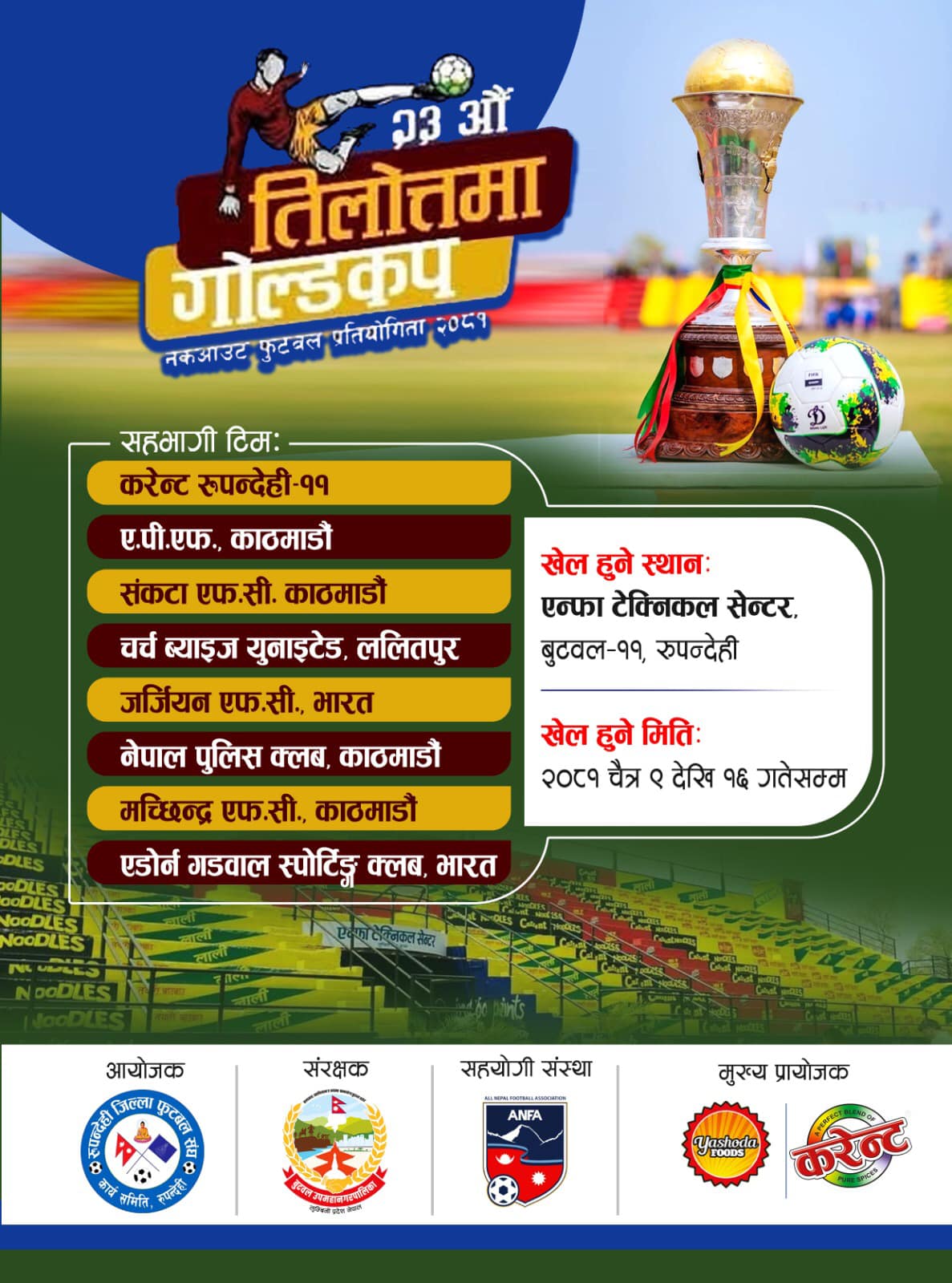

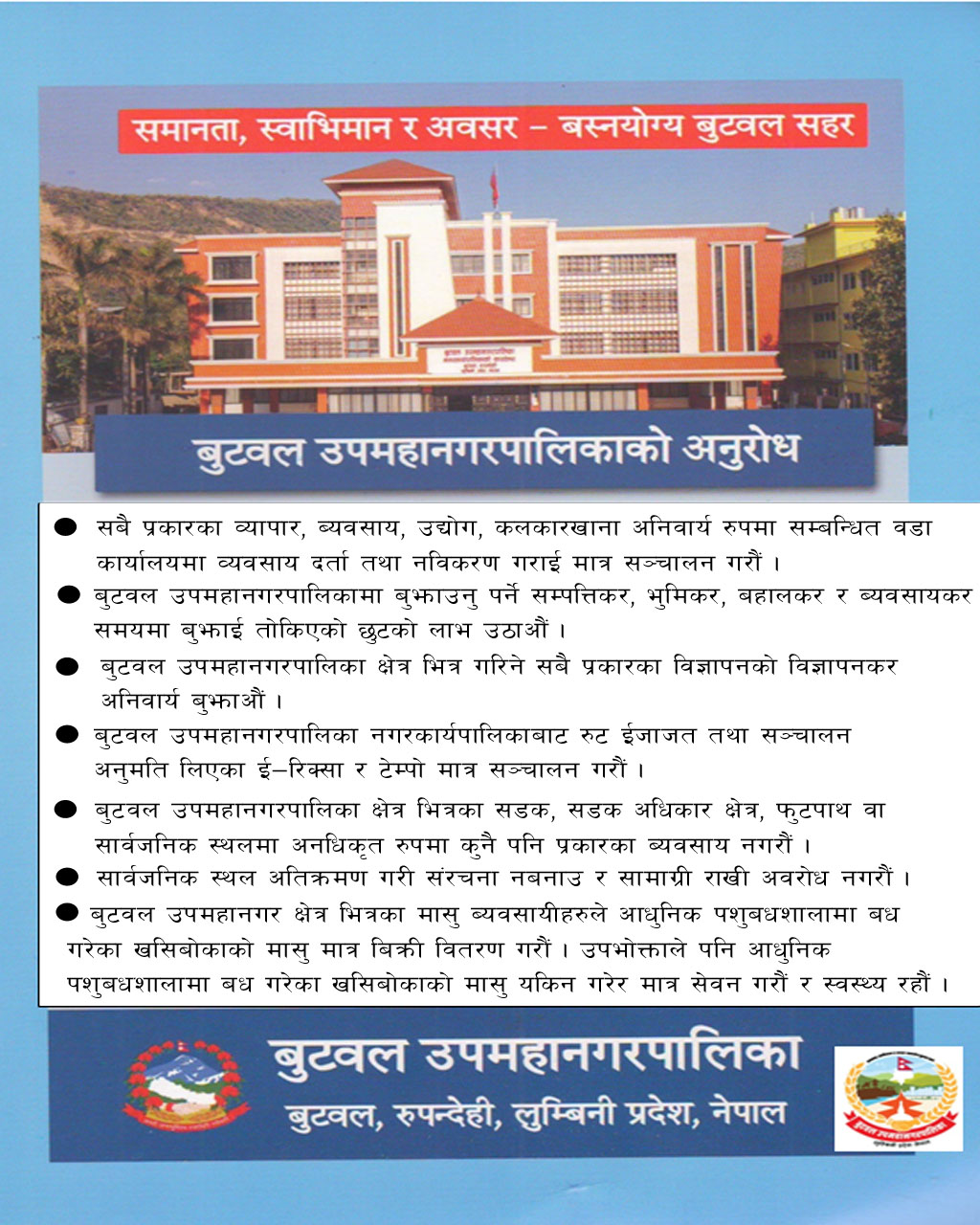
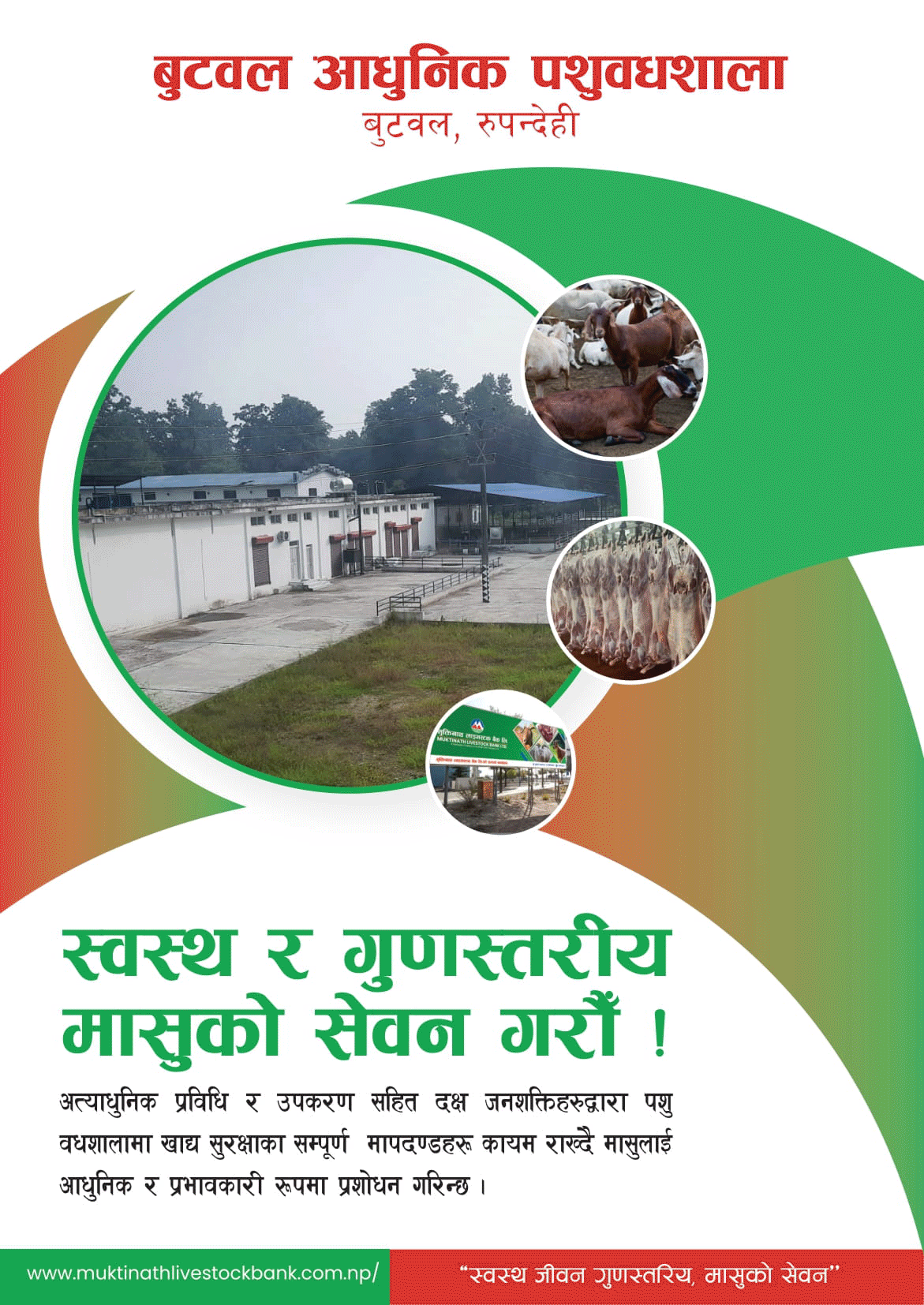







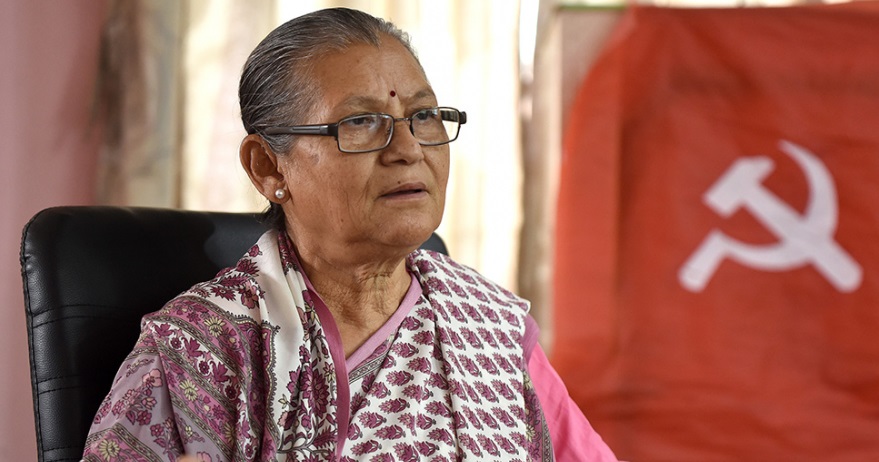



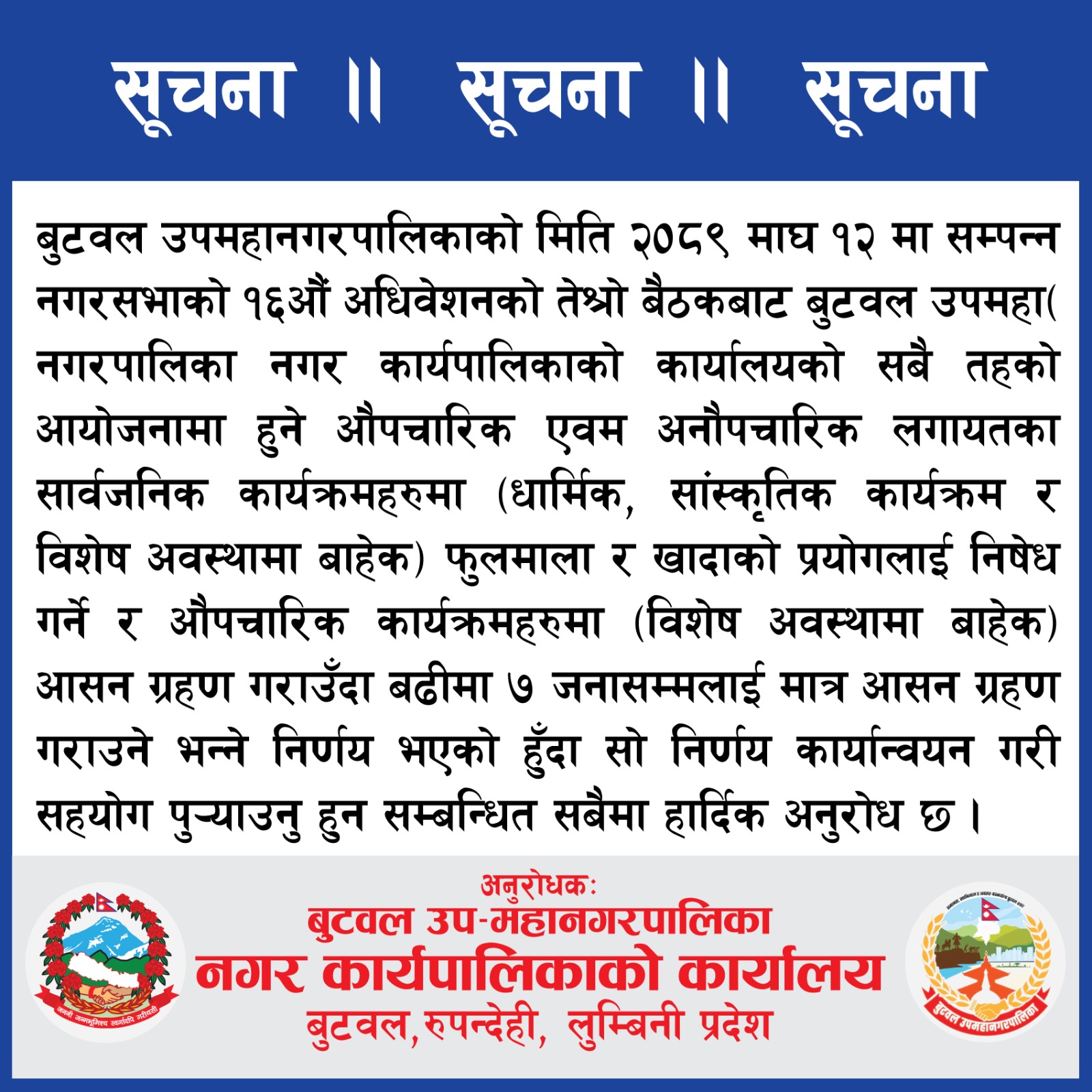
प्रतिक्रिया